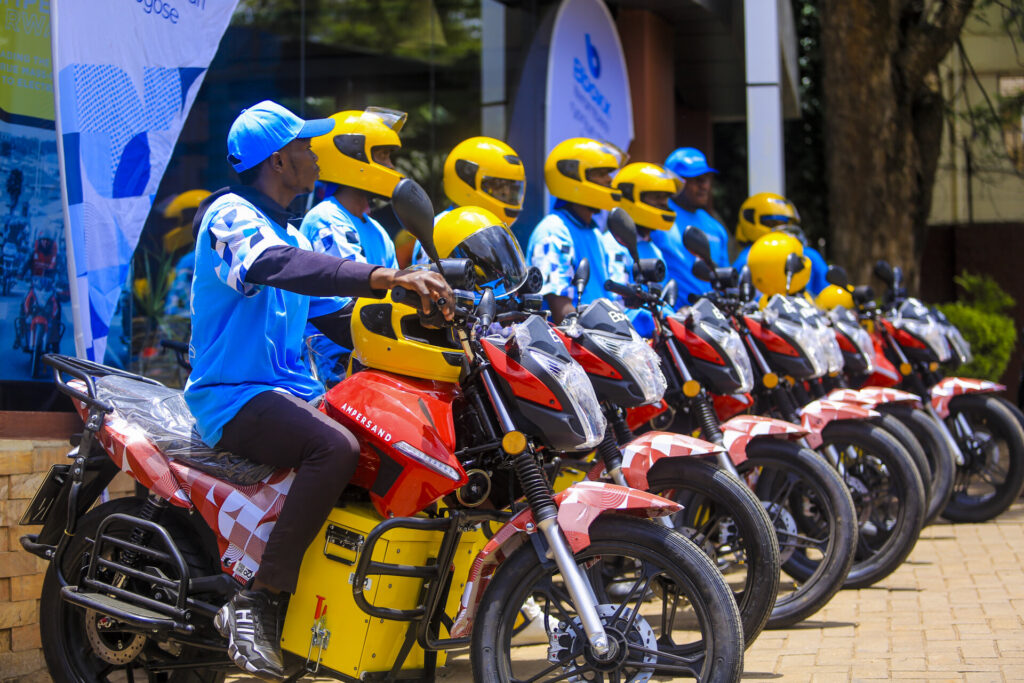In a groundbreaking move to revolutionize East Africa’s transportation landscape, Rwandan startup Ampersand has unveiled its ambitious plan to roll out 600,000 electric motorbikes in Kigali, the capital of Rwanda. With approximately 60% of Rwanda’s public transportation relying on motorcycles, this initiative aims to position the country as a leader in eco-friendly transportation on the continent.
Kigali will serve as the primary launch site for Ampersand’s electric motorbikes, with subsequent expansions planned for Nairobi, Kenya, and Kampala, Uganda. The startup, spearheading Rwanda’s push towards sustainable initiatives, has strategically invested resources to ensure competitiveness in crucial stages of manufacturing.
Alice Rwema, Ampersand’s General Counsel, emphasized the company’s commitment to replacing traditional petrol bikes with electric alternatives. “There are millions of petrol bikes on the road; our aim is to ensure that in a few years, we only have electric bikes on the road,” Rwema stated. She highlighted significant investments in software development, including proprietary amper ropes managing swap stations and batteries, instilling confidence in their eco-friendly products.
The move towards electric motorcycles aligns with global efforts to combat air pollution and reduce greenhouse gas emissions. According to the World Health Organization, the transport sector is a major contributor to air pollution and a leading source of greenhouse gas emissions, exacerbating climate change.
Ampersand’s positive impact on the environment is substantial. “We save 2.5 tonnes of greenhouse emissions per day with each bike. If we scale this to 5 million bikes across Africa, we’ll save emissions equivalent to 12 million tonnes per year,” explained Rwema, underlining the significant contribution to mitigating climate change.
Felix Nishimiye, an Ampersand electric motorbike owner, attested to the economic benefits of the eco-friendly choice. “I’ve been using Ampersand’s electric motorcycles for almost three years. I spend less money on these because electric charging is cheaper than buying petrol or fuel,” said Nishimiye. He shared a cost comparison, indicating that charging his battery costs 2000 Rwf (1.58$) for an 80km journey, significantly less than the 5000 Rwf (3.95 dollars) he used to spend on petrol for the same distance.
With a successful four-year track record, Ampersand’s electric motorcycles have collectively covered 180 million kilometers in Rwanda, avoiding 8,000 tons of carbon emissions. As East Africa grapples with unpredictable weather patterns and environmental challenges, Ampersand’s initiative stands as a beacon of hope, showcasing the potential for sustainable and environmentally friendly transportation in the region.

